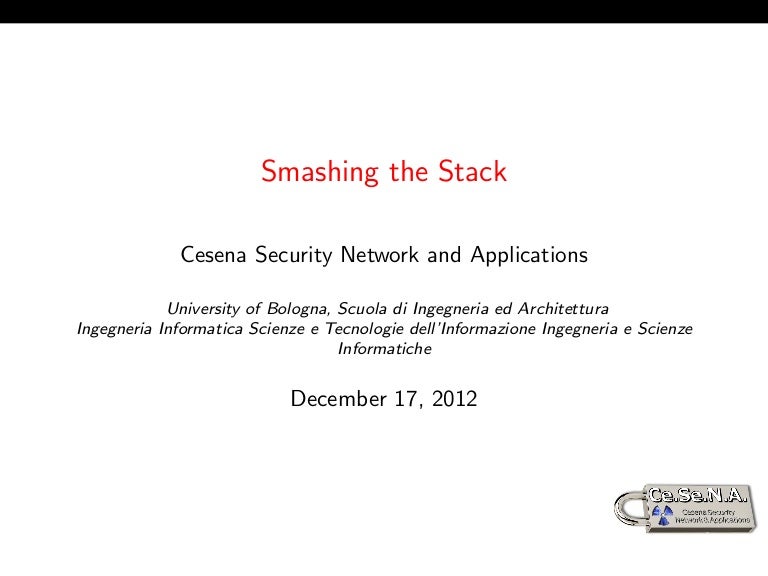

I did a first attempt using the suggested fee (1 doge) but somehow it got rejected and it came back to my wallet, without a trace of the attempt. The Stack Smashing Protector (SSP) compiler feature helps detect stack.

#What is stack smashing detected code
I would have pasted the code here but its approx 2000 lines. I'm trying to send my doge to an exchange, but the transaction is not getting any confirmations.

The OS can't distinguish malicious intent from an accident, however, so it assumes that anything that tries to overwrite the return address is an attempted stack smash. I am stuck for 1 week in a stack smashing detected bug in my C program running in a i386 desktop with Ubuntu 7.0.4. "Smashing the stack" colloquially refers to exploiting a buffer overflow (where do you think that buffer is? On the heap? No, it's on the stack, so the overflow is a stack overflow) deliberately in order to change the return address. If that is the case, the solution is to allocate memory from the heap (ie using malloc or new) to hold the contents of the file.īut isn't that a stack overflow, not a stack smash?Ī stack smash normally occurs when you overflow a buffer and overwrite the function calls return address, so when the stack tries to pop it goes into la-la land. So there's no problem reading in a small file but there is reading in a larger file. Stack Smashing Detected issue when running program Hello everyone I'm working on a project for my intro to c class, and I'm having an issue when i compile the code i was given to work with. I would guess that the code for the program uses a local variable to hold the contents of the file. If you can't find the problem by reading your code, run your program under a debugger like gdb and try to reproduce the overrun. Also, in C/C++, NULL is often defined as 0. As someone else suggested, look carefully at your code where you access array indices or do pointer arithmetic. My guess is that message means that the program has used up all of the available stack and therefore can no longer continue executing. buffer overrun) is a HUGE security issue.


 0 kommentar(er)
0 kommentar(er)
